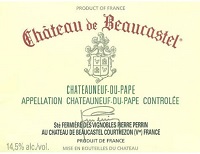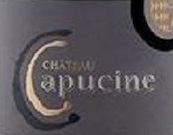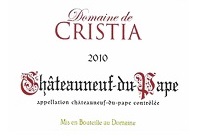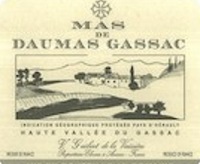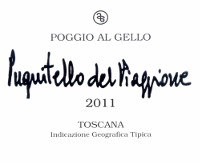|
Organic Wines
We are pleased to list wines from several producers who have Ecocert status, are "in conversion" or are well-known to employ organic methods of production outside the official rules of the various organisations. In France there are a number of bodies which award a variety of "organic" accreditations. They do not necessarily conform to the UK format and regulations as laid down by the Soil Association. The term "organic farming" was legally defined in 1981 as 'farming which uses no synthetic chemical products'. This prohibits the use of a wide range of pesticides, fungicides and fertilizers in order to protect the natural environment. Organic farming also safeguards consumers from pesticide residues, thereby protecting their health. In relation to wine, the term "organic" is a difficult concept to define. According to Jancis Robinson's Oxford Companion to Wine:- "ORGANIC WINE:- imprecise term for wine made from grapes produced by organic viticulture using a minimum of chemicals during wine making." Organic wine is made from fruit which has been grown and
processed without the use of synthetic fertilisers, chemical weedkillers,
chemical disease-control sprays, insecticides, growth regulators,
flavour-enhancers or genetic engineering. *
Lutte raisonnée means, literally 'the reasoned struggle'. Growers, such as Pascal Verhaeghe of Chateau du Cèdre, who practice this kind of viticulture use chemicals less often and less aggressively. Lutte raisonée can be very close to organic farming; however, there are no rules and no checks so there are no guarantees that the grower is following the ethos without abuse. Cynically, it must be admitted that this is a way to claim semi-organic status without having to commit to anything.Lutte biologique is translated as 'biological control', the struggle against a pest or weed through the natural antagonists. Wine and Health If you are concerned about organic wine for health reasons, the issues are quite complex. Clearly at the extremes, excessive use of artificial weedkillers, pesticides etc may induce adverse reactions in some people. However, such wines are unlikely to taste "clean" or good, and it is certainly not a sustainable approach to wine-making. Whilst "organic" production will reduce any trace of artificial chemicals and fertilisers, it may actually increase the presence of other "natural" chemicals in the wine, e.g. if organic practice reduces the amount of filtration of the wine before bottling. Wine naturally contains a complex mixture of alcohols, esters, dissolved sulphur dioxide, acetaldehyde, glycerol, sugar, phenolics, pectins, acids, mineral salts and elements - estimated to be in excess of 1,000 constituents. Without chemical analysis of the wine and determination of those elements which may cause you problems, it is not always wise to assume that you will react less adversely to an "organic" wine than one which is not so labelled. You are more likely to react to any poorly-made wine, hence the danger of cheap plonk in plastic bottles! As with many things, much depends on the quality and integrity of the wine-maker, and hence in general terms you are more likely to get "good" wine, in its broadest sense, from a quality individual producer than some large impersonal conglomerate or multi-national. |
|
You must be aged 18 or over to purchase wine. |




